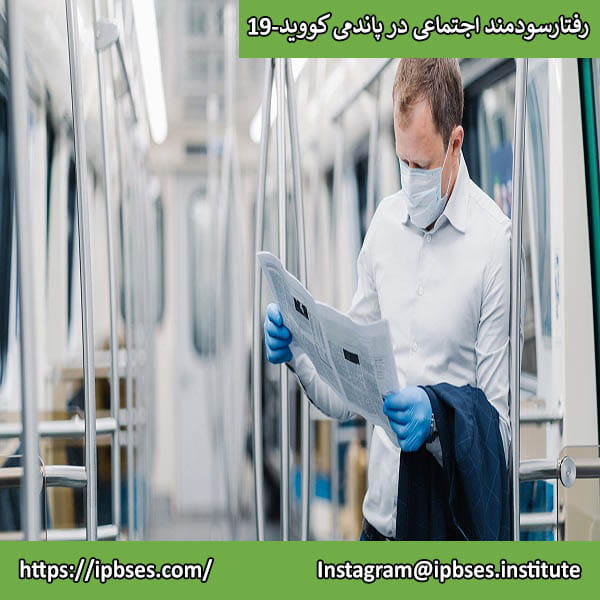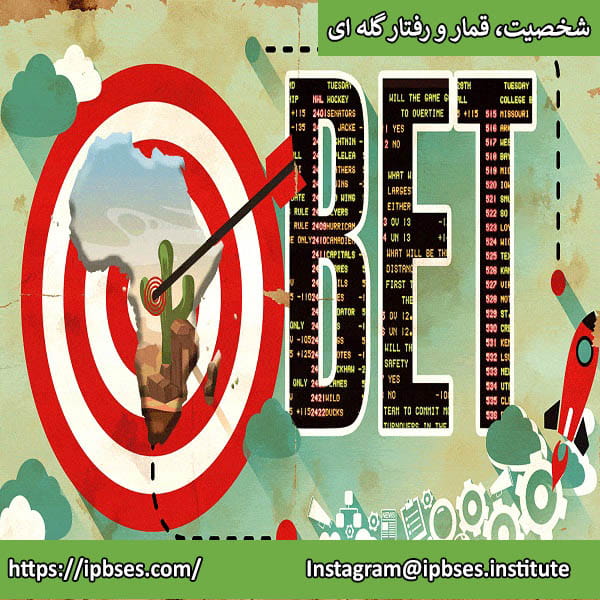پژوهشگران دانشگاه لوون، دانشگاه گنت بلژیک، دانشگاه لوزان سوییس، و دانشگاه رم ایتالیا به رفتارهای زیربنایی رفتارسودمند اجتماعی در پاندمی کووید-19 پرداختند.
روش پژوهش:
در این پژوهش پیمایشی آنلاین تعداد 399 داوطلب شهروند انگلستان شرکت نمودند. ابزارهای پژوهش شامل پرسشنامه اطلاعات دموگرافیک، پرسشنامه گرایش های ایدئولوژیک (تمامیت طلبی، غلبه اجتماعی)، پرسشنامه گرایش های سیاسی، و پرسشنامه رفتار سودمند اجتماعی بودند.
یافته ها:
- افرادی که جهان بینی گروهی و همکارانه دارند، در پاندمی کووید-19 اهمیت بیشتری برای رفاه دیگران قائلند و رفتارهای سودمند اجتماعی بیشتری انجام می دهند.
- در پاندمی کووید-19، سطوح بالاتر تعالی شخصی، برابری اجتماعی، و پذیرش مهاجران پیش بینی کننده میزان بالاتر رفتار سودمند اجتماعی می شود.
- گرایش های جهان بینی غلبه اجتماعی پیش بینی کننده سطوح پایین تر رفتارهای سودمند اجتماعی هستند.
راهبردهای کارکردی:
- هر چه میزان تعاملات و روابط بین فردی افراد بیشتر باشد، همدلی و روابط سودمند اجتماعی آنها بیشتر است.
- آموزش مهارت های روابط بین فردی و همدلی منجر به افزایش رفتارهای سودمند اجتماعی در دوره پاندمی کووید-19 خواهد شد.
- مشاهده الگوهای رفتارهای حاکی از گرایشات اجتماعی در گروه های مرجعی که جهان بینی و ایدئولوژی سیاسی مشابه دارند، منجر به افزایش رفتارهای سودمند اجتماعی در عموم مردم در پاندمی کووید-19 خواهد شد.
No man is an island: Psychological underpinnings of prosociality in the midst of the COVID-19 outbreak
Abstract
In response to the COVID-19 outbreak, sustainable forms of collective resilience help societies coping cohesively with unprecedented challenges. In our empirical contribution, we framed collective resilience and cohesion in terms of prosociality.
A study carried out in the midst of the COVID-19 outbreak in the UK (N = 399) articulated basic individual values, ideological orientations (i.e., authoritarianism and social dominance orientation), and core political values in a comprehensive framework to predict bonding and bridging forms of prosocial intentions, and prosocial behaviors directed towards vulnerable groups.
According to our findings, people whose worldview incorporates collective and collaborative principles cared more about others’ welfare. Jointly, self-transcendence, equality, and accepting immigrants predicted more prosociality, whereas social dominance orientation predicted less prosociality.
Over and beyond all other predictors, self-transcendence uniquely predicted prosocial intentions and behaviors alike. To conclude, we suggest interventions to promote and sustain prosociality among people motivated by a larger array of life goals and worldviews.
Keywords
COVID-19, Prosociality, Basic individual values, RWA, SDO, Core political values, Bonding, Bridging




